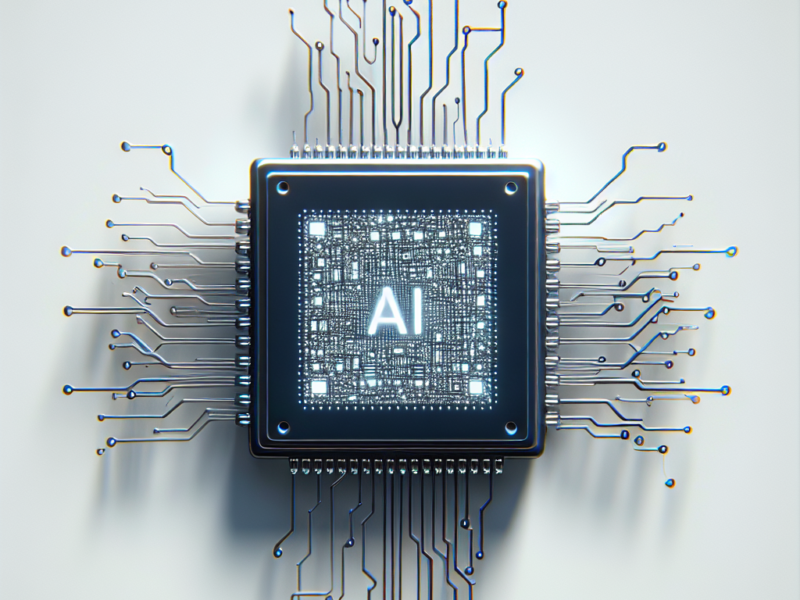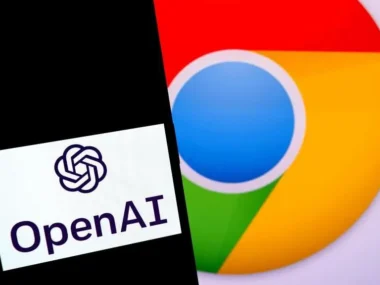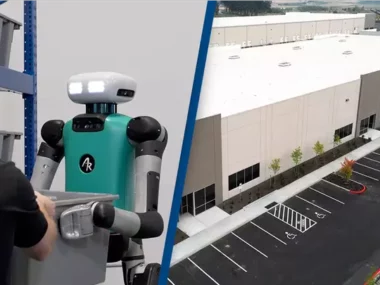Artificial Intelligence (AI) is not just a buzzword—it is a transformative force reshaping industries around the globe. From revolutionizing healthcare to enhancing manufacturing processes, the latest breakthroughs in AI technology are driving innovation, efficiency, and unprecedented growth. This article delves into some of the most notable advancements in AI and their potential to redefine industry standards.
1. Healthcare: Precision Medicine and Diagnostics
One of the most significant breakthroughs in AI technology has been its application in healthcare. AI algorithms are now capable of analyzing vast amounts of data to assist in disease diagnosis, treatment planning, and patient management.
For instance, AI tools that utilize machine learning can sift through millions of medical records to identify patterns that physicians might overlook. These systems can predict patient outcomes based on historical data, improving the accuracy of diagnoses. Recently, companies like PathAI have developed AI-powered pathology tools that assist doctors in identifying cancerous cells in biopsy samples with a level of precision that rivals seasoned pathologists.
Moreover, personalized medicine is becoming a reality through AI’s predictive capabilities. By analyzing genetic information alongside lifestyle factors, AI can help create tailored treatment plans, increasing both effectiveness and efficiency.
2. Finance: Risk Assessment and Fraud Detection
The finance industry is another sector experiencing a significant revolution thanks to AI technologies. Machine learning algorithms are employed to assess credit risk rapidly, enhancing decision-making processes for loan approvals. These algorithms analyze an extensive range of factors beyond traditional credit scores, factoring in social behavior, online activities, and economic indicators.
Furthermore, AI is making strides in fraud detection. With the amount of digital transactions increasing exponentially, AI systems, such as those implemented by Mastercard and PayPal, use real-time data analysis to detect unusual spending patterns and suspicious activities. By flagging these anomalies rapidly, these technologies protect consumers and financial institutions from potential losses.
3. Manufacturing: Smart Automation and Predictive Maintenance
In the realm of manufacturing, AI is at the forefront of the Fourth Industrial Revolution, often referred to as Industry 4.0. Through the integration of AI with IoT (Internet of Things) devices, manufacturers can now develop smart factories where machines communicate with each other to optimize production processes.
Predictive maintenance, driven by AI analytics, is another game-changer. Companies can now use machine learning to predict when a piece of equipment is likely to fail, allowing them to conduct maintenance before breakdowns occur. This not only reduces downtime but also saves substantial costs associated with emergency repairs. Siemens and GE are leading the charge, implementing AI solutions that enhance operational efficiency and reduce waste.
4. Transportation: Autonomous Vehicles and Route Optimization
AI’s impact on the transportation industry is both profound and tangible. Companies like Tesla and Waymo have pioneered the development of autonomous vehicles, showcasing how AI can navigate complex urban environments. These vehicles rely on sophisticated algorithms that analyze real-time data from sensors and cameras, enabling them to make split-second decisions that enhance safety and efficiency.
Additionally, AI is revolutionizing logistics and supply chain management. By leveraging AI technologies, companies can optimize delivery routes based on traffic patterns, weather conditions, and historical data. UPS and Amazon are already utilizing these innovations to enhance their delivery networks, dramatically reducing costs and improving customer satisfaction.
5. Retail: Enhanced Customer Experiences and Inventory Management
In the retail sector, AI is transforming how businesses understand and interact with customers. AI-enabled analytics can provide insights into consumer behavior, enabling retailers to personalize marketing strategies and product recommendations. This personalized shopping experience increases customer engagement and loyalty.
Moreover, AI systems are optimizing inventory management by predicting demand fluctuations and managing supply chains intelligently. Retail giants like Walmart utilize AI-driven algorithms to maintain optimal inventory levels, ensuring that products are available when customers need them while minimizing excess stock.
6. Conclusion: The Future of AI in Industry
As AI technology continues to progress, its potential to revolutionize industries becomes increasingly apparent. From improving operational efficiencies to enhancing customer experiences, AI is set to redefine how businesses operate. While challenges related to ethics, governance, and implementation remain, the benefits far outweigh the concerns.
Stakeholders across sectors must continue to collaborate and innovate, harnessing the power of AI responsibly to drive future growth. As we advance further into this digital age, the nexus between AI and industry holds the promise of a smarter, more efficient, and sustainable future. The stage is set for AI to not only revolutionize industries but to enhance the quality of life for people around the globe.











